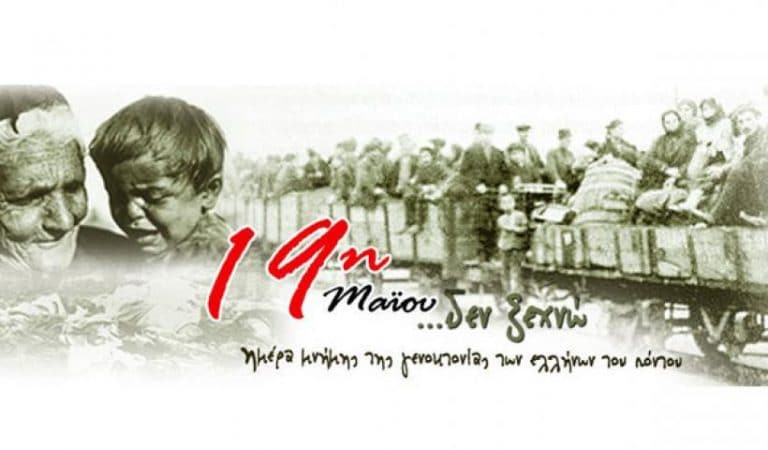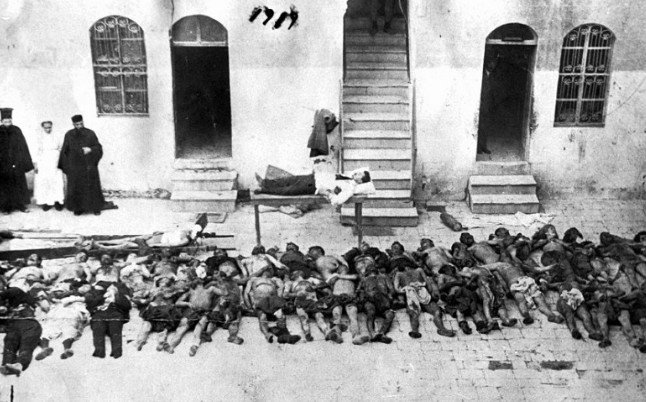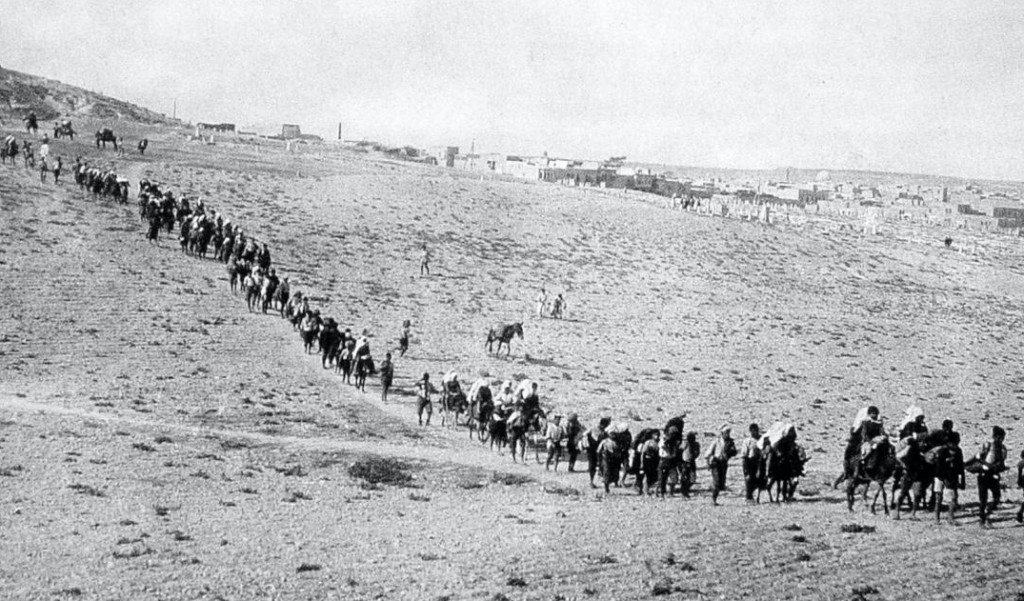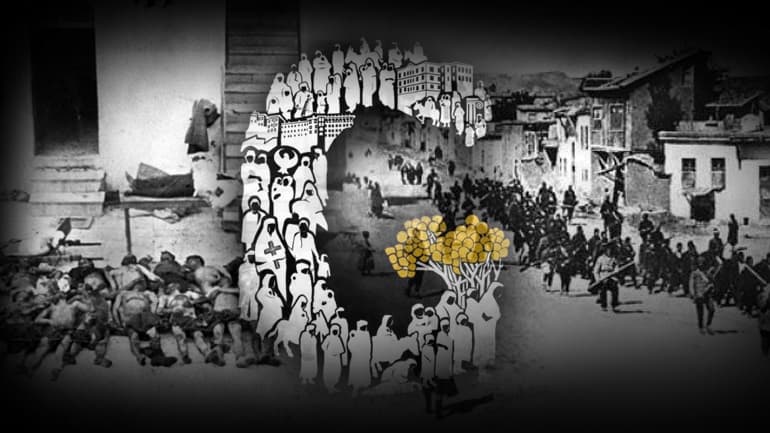
May 19 marks the remembrance of the Pontian Greek Genocide (1916-1923), one of the darkest moments in Greece’s history.
Records kept mainly by priests show a minimum 350,000 Pontian Greeks exterminated by Turkish troops and Kurdish para-militaries. Other sources including foreign missionaries mention 500,000 deaths, most through deportation and forced marches into the Anatolian desert.
Greek cities (Pafra, Samsous, Kerasous, and Trapezous) endured massacres and deportations that destroyed their populations

Pontus (Pontos), an ancient Greek word for “sea”, refers to the Black Sea and the surrounding coastal areas.
The Genocide saw the end of Pontos in its historic homeland, which held a huge Greek population and culture.
Entire villages and cities were devastated, while thousands were forced to flee to neighbouring countries. The Ottoman government’s plan to annihilate the Christian populations living within Turkey, including Greeks, Syrians and Armenians, during World War I was set into force in 1914, with the decree that all Pontian men aged between 18 to 50 would have to report to the military. Those who refused to do so, were ordered to be shot immediately.

The Ottoman regime feared the Pontiac population not only because of their rapidly growing numbers that had reached 700,000 by the early 20th century, but also because of the cultural and economic growth of the minority.
Cities like Samsous, Trapezous and Kerasous displayed a remarkable growth in churches and schools. The rise of the Young Turks movement, however, would put a brutal end to the thriving Greek community of the area.
May 19 is the day of remembrance of the Pontian Greek Genocide.
We will never forget.
[su_youtube_advanced url="https://www.youtube.com/watch?v=_65_wRnzoaE" width="300" height="200" theme="light" title="Pontian Youth Remembers!"]

